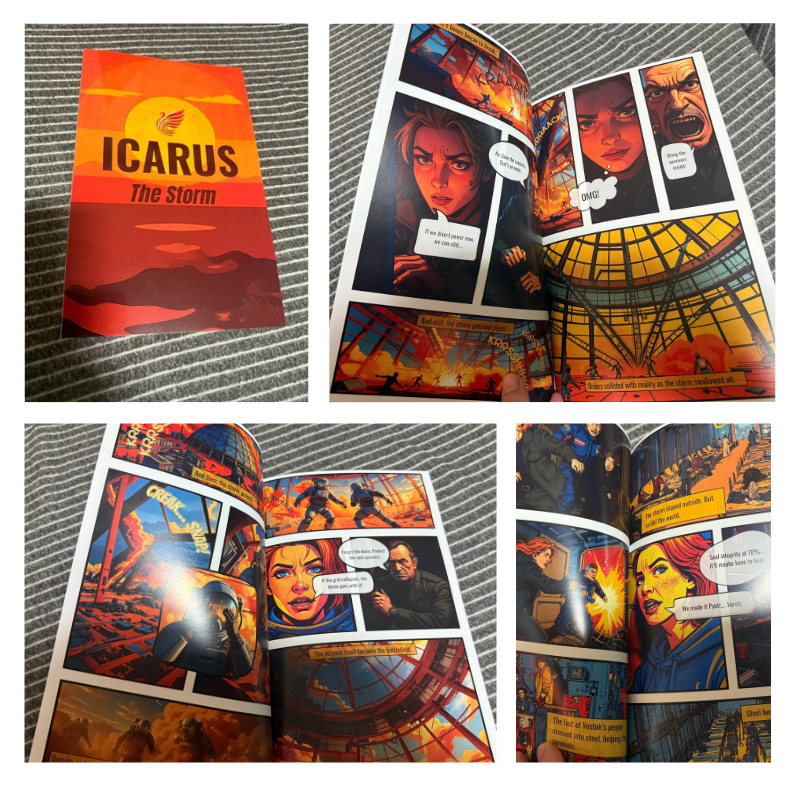What The Mars Chronicles Is — and Isn't
- Icarus

- Apr 25, 2025
- 2 min read
Updated: Jul 22, 2025
🚀 Welcome to ICARUS
An emotionally gripping, high-stakes sci-fi epic about survival, rebellion, and the fragile hope of beginning again — not just as individuals, but as a civilization.
📘 Kindle eBook: https://www.amazon.com/dp/B0FHQV1XB9
📕 Paperback Edition: https://www.amazon.com/dp/B0FHW3VYJX
When you write science fiction, especially a story set against the backdrop of humanity’s first colonies on Mars, people inevitably ask:What side are you on?
The truth is simpler, and more complicated: In The Mars Chronicles, there are no sides. There are only choices.

The political background of The Mars Chronicles — the collapsed countries, the restructured great powers, the wave of new colonization efforts — is entirely fictional.These changes are not hidden messages about today's world. They are a deliberate departure from current reality, designed to create distance — not commentary.
I didn’t want to write a story set in a faraway galaxy, or a saga filled with abstract, invented planet names detached from human experience. I wanted to write a human story, built around the ancient dramas that have shaped us for centuries — loyalty, betrayal, hope, ambition.
Those who read The Mars Chronicles may, depending on their own perspectives, connect the events to any number of historical periods, political systems, or cultural struggles. That’s their right. But from my side as the author, the political thread in the book is intentionally the least detailed, the least defined — and that’s not by accident.
It’s not about left or right, past or future. It’s about what happens when humanity is forced to begin again — and whether it can escape the gravitational pull of its own history.
If The Mars Chronicles has any political meaning, it is this: Human nature repeats itself — unless we choose otherwise.
.png)


Comments